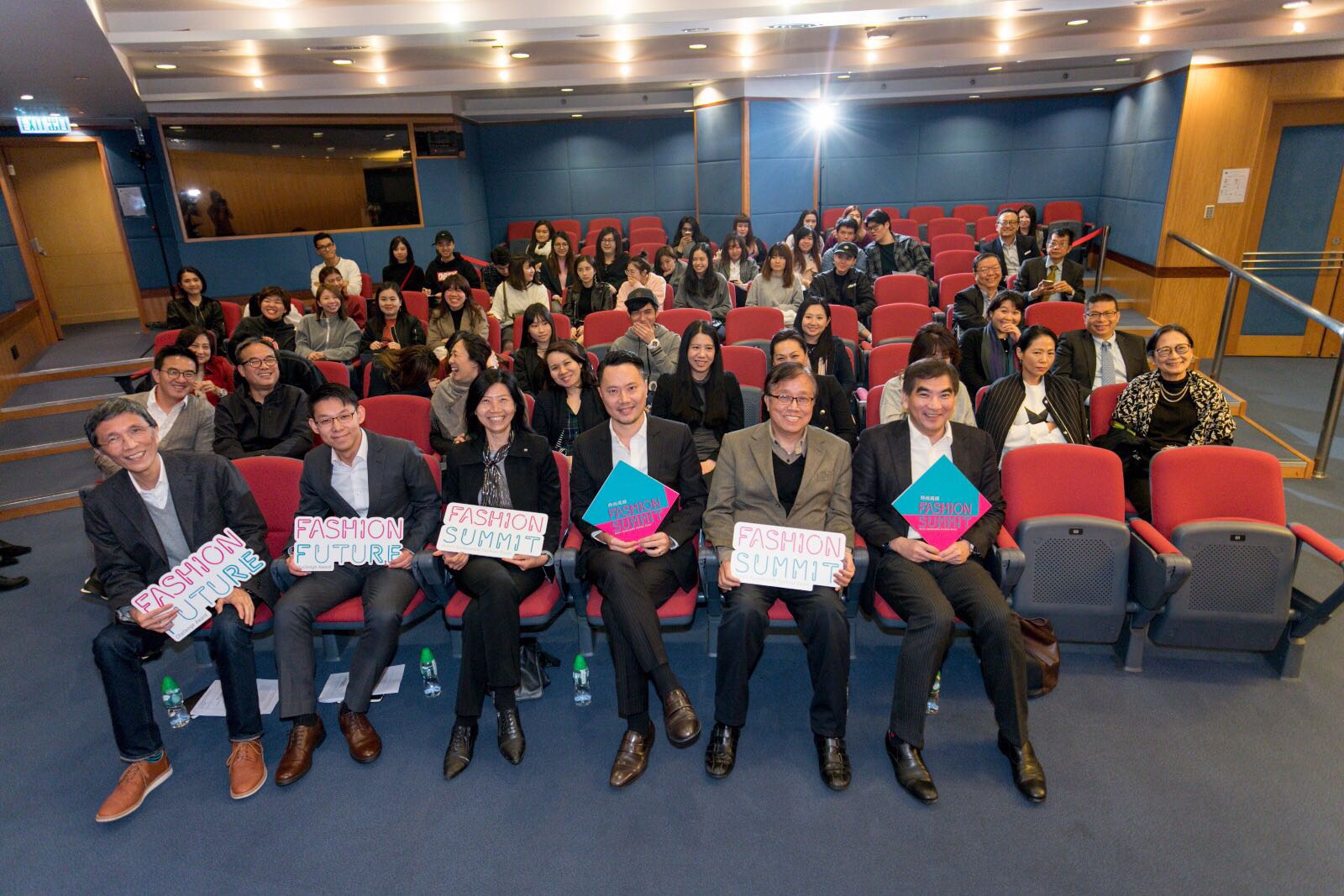Fashion Future Challenge: Our Thinking on sustainability
This week The Mills had the pleasure to be the prize sponsor of Fashion Future Challenge Competition. Fashion Future Challenge Award is a competition launched by Fashion Summit (HK) to provide a platform for local tertiary students to share their creative ideas and combine their multidisciplinary knowledge in an effort to tackle fashion challenges in the next 5-10 years. Specifically, there’s an ideal emphasis on the theme of sustainability when thinking about emerging challenges in the fashion industry.
From our work and interaction with a lot of corporate players, startups or government, the question of sustainability is increasingly about how to better inbuilt and embed it as a key part of the industry/ business model. This is a question that we constantly think about and some of our preliminary thinking are as follows.

It’s about closing the loop
Within fashion, a huge issue with regards to sustainability pertains to wastage throughout the supply chain or production process, be it wastage of water in dyeing or wastage of textiles materials during production or consumers throwing/ wasting their apparels. At all parts of the cycle, wastages and leakages happen- raising question of whether better ways exist to minimize wastage at each stage- or effectively how to “better close the fashion loop/ cycle”. Whether it’s increasing visibility of wastage (such as Reverse Resources – an SaaS platform for providing, obtaining and tracing leftover fabrics) or improving production processes (such as Litehide’s salt-free hides for leather supply chain) to really just improving the materials itself (such as Bolt Thread’s “renewable materials” that’s based on spider silk), thinking more about how the loop is closed at different stages of the cycle has become the key question to answer.
Demand-led supply, supply-led design
When it comes to closing the loop, increasingly we are seeing 2 parallel trends. Demand-led supply refers to increasing customization/ personalization from the consumer end. While traditionally it’s the brands/ designers/ suppliers that determine all the product mix in retail, customization means that customers (demand) has the say in deciding what gets produced and the hope is that better customization reduces wastage from the consumers (case in point- customized fitting denim jeans maker Unspun). Supply-led design on the other hand refers to suppliers pushing brands to adopt certain sustainability practices. Traditionally, it’s the brands that dictates standards in supply chains, but in recent years, large scale manufacturers (like Esquel, TAL and Fung Group) all have made strong leaps in their sustainability processes and are in a good position to recommend best practices to the brands that they serve. Therefore, this dual-loop of demand-led supply and supply-led design will go a long way to improving sustainability across supply chain.
Mindset change: sustainability from the start
At the end of the day, sustainability needs to begin from the start. While traditional brands/ companies tend to only start thinking about sustainability as an “initiative” after their businesses are established, new emerging businesses or startups need to consider and embed sustainability into their business from day 1 if they want to have any advantage to compete with the bigger players. More importantly, this is to think long term for the future generations.
What we need is a mindset change in consumers, supplier and individuals- and that is a huge reason for why we helped to support Fashion Future Challenge Award- to really raise awareness of such challenges and issues to youths and students in hopes that we can inspire them to think creatively and act on these issues.
It’s also in this spirit of doing more education and awareness raising work that we are also co-organizing InvestHK’s StartmeupHK IOL Summit on 2nd February 2018 with Brinc. Parts of the summit will focus on the theme of sustainability with speakers coming from some the best practices mentioned above from leading companies including Dan Widmaier (CEO of Bolt Threads), Anderson Lee (Advisory Board Member of Reverse Resources), Stephanie Chan (Sustainability Lead of Esquel) and up & rising startups founders like Desmond Ko (Leatherteq/ Litehide) and Walden Lam (unspuntech). It is our firm belief that we all have a responsibility to think more on the impact our industry/ work has on our society and planet and we hope that you too can join us on this journey ahead to think and act more on sustainability.
For more information about StartmeupHK IOL summit, visit
https://www.brinc.io/events/iolsummit
For more information about Fashion Future Challenge, visit
http://fashionsummit.hk/index.php/en/fashion-future-challenge-award/award-introduction